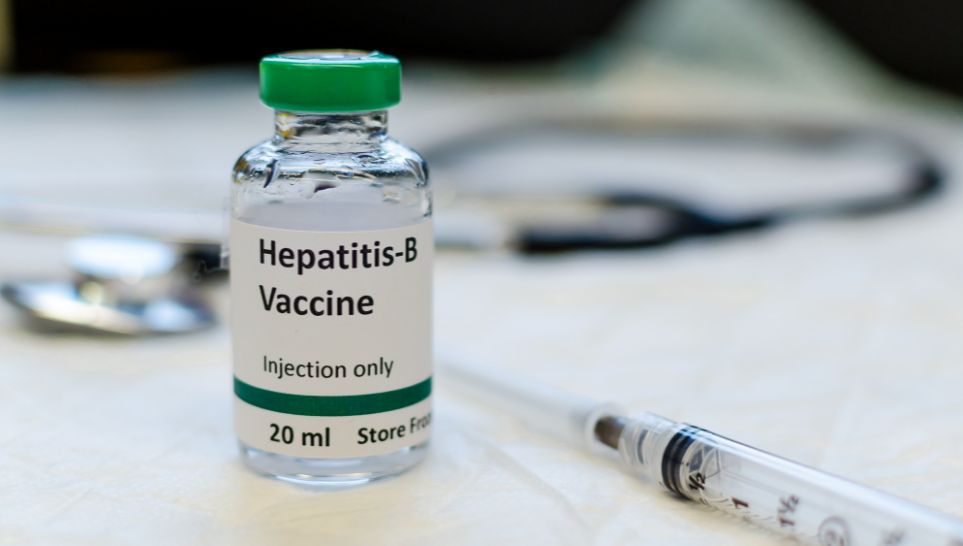Your child’s pediatrician may have told you that it is time to give him or her the Tdap vaccine or the DtaP vaccine. This news often concerns people because they don’t know what is in these vaccines or the difference between them. Once you have learned the answers to these questions, your mind will be at ease.
The DtaP vaccine is for children under the age of seven. Kids who have received this injection develop an immunity to tetanus, diptheria and whooping cough. Medical professionals first start to administer the Tdap vaccine when these patients are 11 years old. It continues to protect them from the three diseases listed above into their adult years.
Tdap or DtaP, what’s the difference?
The DtaP vaccine and the Tdap vaccine both contain inactivated toxins produced by bacteria that cause whooping cough, tetanus and diptheria. These inactivated toxins are incapable of causing the three diseases, but they do allow the body to generate antibodies that help it develop an immunity to the three illnesses. The difference between DtaP and Tdap is the fact that Tdap contains a smaller dose of the vaccines for diptheria and whooping cough.
The Tdap vaccine also differs because it is administered on an infrequent basis. Medical professionals recommend that people begin to receive the Tdap vaccine every 10 years. In addition, the Tdap vaccine is the version physicians choose when a woman is pregnant. They advise expectant mothers to have the Tdap vaccine between the 27th week and 36th week of their pregnancies.
When should DtaP vaccine be given?
Ideally, children under the age of seven will receive the DtaP vaccine at five different times in their lives. The first dose is given at two months, the second at four months, the third at six months, the fourth between 15 and 18 months and the fifth between four and six years.
When should the Tdap vaccine be given?
Children who have not received the five doses listed above can begin to receive the Tdap vaccine between the ages of seven and 10. If kids between the ages of 13 and 18 have not had their first Tdap vaccines, their physicians may suggest that they receive them during those years. Then, they are advised to have a booster of diptheria and tetanus every 10 years. The Tdap is also for adults between the ages of 19 and 64 who need a booster every 10 years.
The DtaP vaccine and the Tdap vaccine are so highly recommended because diptheria and whooping cough are highly contagious illness that can also be life-threatening. According to medical professionals, without vaccinations, diptheria, tetanus and whooping cough would be much more prevalent than they are today.







